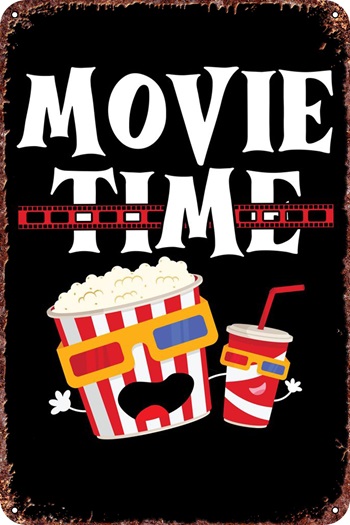September 5 2024 HC.DVD9 Magnet Download
September 5th: The Film That Changed Media Coverage Forever
September 5th is a powerful portrayal of a pivotal moment in history that changed the way the media reported on live events. Set against the backdrop of the 1972 Summer Olympics in Munich, the film tells the compelling story of an American sportscaster team that switched from sports reporting to live coverage of the Israeli athletes being taken hostage. This dramatic shift not only influenced the events of the day, but also set a precedent for how news is reported in real time, especially in high-stakes situations.
Historical Context
The Munich Olympics were supposed to be a celebration of athletic prowess and international camaraderie. But tragic events quickly turned the games into a global crisis. As the world watched in horror, the media found themselves at a crossroads, tasked with balancing the need for timely information with the ethical implications of covering such a sensitive situation. The film “September 5th” captures this tumultuous period, illustrating the challenges journalists and broadcasters faced as they navigated uncharted waters.
The Shift in Media Coverage
Before the events in Munich, sports coverage was primarily focused on the games themselves—emphasizing the athletes’ performances, medal tallies, and national pride. But the hostage crisis forced broadcasters to quickly adapt their strategies. The film shows how an American sports team had to change its usual reporting style to provide live news coverage of the hostage situation, marking a significant evolution in media coverage. This shift will impact news reporting for decades to come.
Key themes of the film
September 5th delves into several key themes that are of interest to viewers, including:
- The ethical responsibility of journalists in crisis situations.
- The impact of live reporting on public perception and international relations.
- The personal harm that both journalists and victims are involved in.
- The evolution of media technology and its role in crisis coverage.
The reality of live reporting
As the film unfolds, it reveals the intense pressure on broadcasters to provide accurate information while responding to the gravity of the situation. The urgency of live reporting can create ethical dilemmas as journalists must decide what to share and what not to share. This moral complexity is at the heart of "September 5th," and it is thought-provoking for anyone interested in the ethics of the media and the responsibilities associated with reporting live events.
Long-term impact
The events of September 5th have had a lasting impact on how the media operates today. With the rise of social media and 24-hour news cycles, the lessons of the Munich crisis continue to resonate. The film is a reminder of the powerful role of the media in shaping public opinion and influencing global events.
In today's fast-paced world, "September 5th" confronts journalists with principles and dilemmas that are more relevant than ever. As we navigate an era of instant information and sensationalism, the consequences of media coverage can have far-reaching consequences. The film encourages viewers to reflect on the importance of responsible journalism and the ethical considerations that must be taken into account when reporting on crises.
Why “September 5th” is worth watching
For those interested in the intersection of media, ethics, and history, “September 5th” is an essential viewing experience. It provides valuable insights into how the media can influence events and the moral challenges journalists face in the field.
Beast 1080p Webrip Torrent



 40/35
40/35 